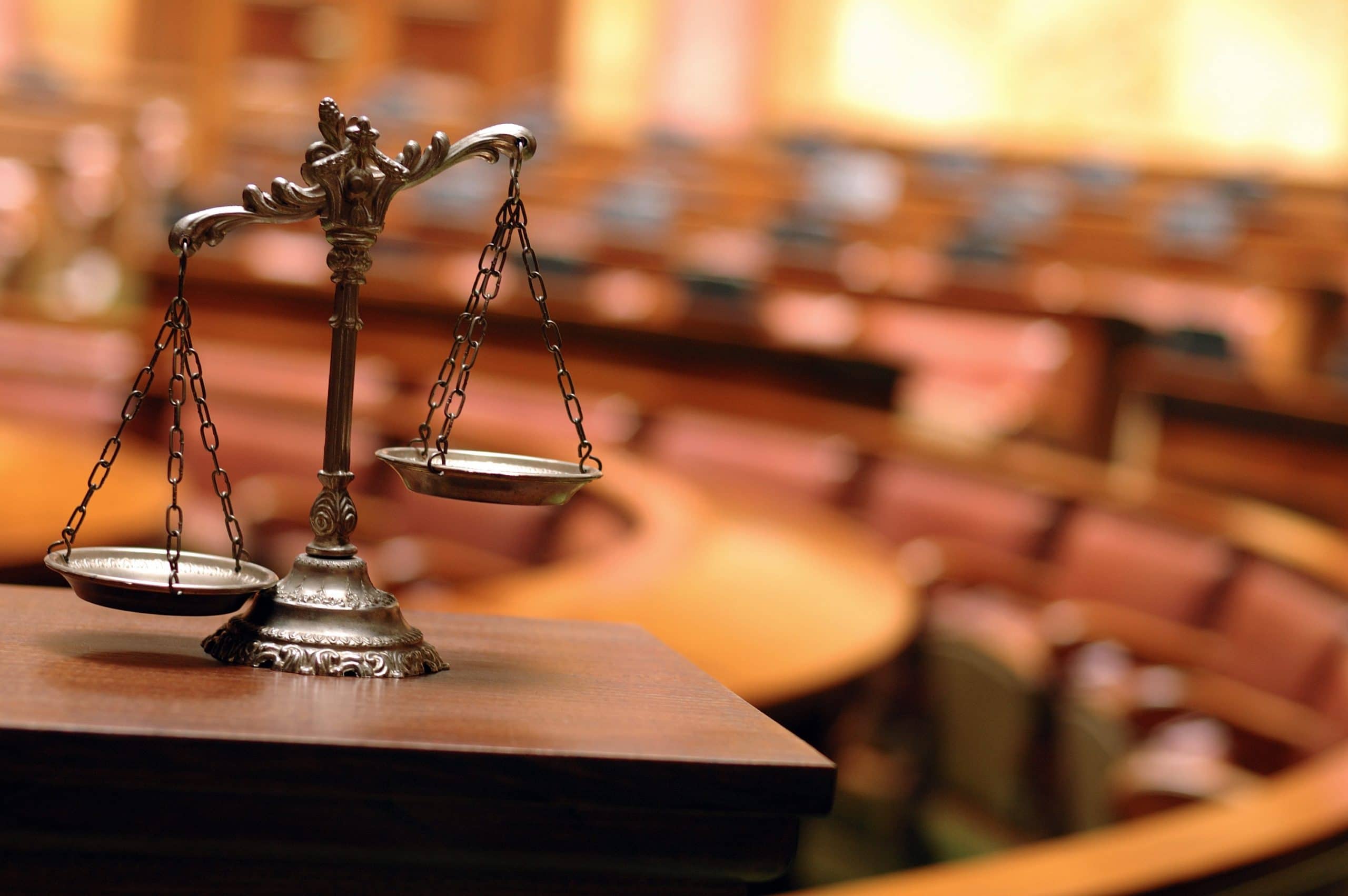Preparing for your first meeting with a lawyer can be a daunting experience, especially if you have never ventured into the legal world before. Whether you are dealing with a personal injury claim, a family law matter, or business-related concerns, understanding what to expect and how to approach your consultation can make all the difference. It is crucial to be prepared with the right information and mindset to facilitate a productive discussion with your attorney.
In this article will walk you through essential steps to prepare for that initial meeting. We will also touch on key legal concepts that every individual should know, including the value of understanding your legal rights, the common mistakes people make, and how to select the right lawyer for your specific needs. By doing a little groundwork ahead of time, you will be better prepared to engage with your lawyer and discuss your situation with confidence.
Essential Legal Tips
When getting ready for your first meeting with a lawyer, it is crucial to come prepared with all essential paperwork related to your case. This might consist of agreements, correspondence, or any pertinent files that can help your attorney comprehend the case quickly. https://kjeldsen-soelberg-2.federatedjournals.com/ip-a-guide-for-lawyers-to-defending-your-ideas ordered you are, the more efficiently your lawyer can provide you with counsel and strategies moving forward.
Furthermore, knowing your legal rights and responsibilities in your particular legal case is crucial. Familiarize yourself with the basics of the law related to your case, whether it pertains to injury claims, domestic matters, or business matters. This foundational knowledge will empower you to ask knowledgeable queries and understand the potential consequences of your case as your attorney describes the legal system.
Finally, be candid and transparent with your attorney about all the facts, even the things that might look trivial or personal. Your lawyer can only effectively advocate for you if they have the complete picture. Note, attorney-client privilege ensures everything you disclose confidential, so you can feel safe discussing all parts of your matter, guaranteeing that your legal strategy is as robust as possible.
Choosing a Right Lawyer
Selecting the right attorney is essential to the outcome of your legal matter. Start by considering the particular practice area relevant to your case, including personal injury, family law, or criminal defense. Make sure the lawyer you select has expertise and a solid history in handling cases similar to yours. Do not hesitate to ask about their credentials, past cases, and outcomes to gauge their expertise.
Additionally, look for an attorney whose communication style resonates with you. Legal matters can be complex and time-consuming, so it is essential to have an attorney who communicates effectively and is attentive to your inquiries and concerns. Arranging a consultation can help you determine how well you relate with the attorney and whether they appear truly interested in your case.
Finally, consider the attorney's standing within the community and among peers. Look at reviews, seek referrals from trusted friends or family, and inquire with local bar associations for any disciplinary actions. A reputable attorney not only brings their legal expertise to your case but can also manage the nuances of local law and court procedures, which can greatly benefit your situation.
Comprehending Legal Processes
To maneuver through the complexities of the judicial framework, it is essential to understand the order of events that usually take place in a legal case. When you initially consult with an lawyer, they will outline the particular legal procedures relevant to your situation. This may include filing a lawsuit, discovery, and eventually court proceedings or settlement talks. Each step has its specific set of deadlines and conditions that your lawyer will help you manage, ensuring that you remain aware and ready.
Judicial procedures can differ greatly depending on the nature of your case, whether it's a tort claim, a domestic relations issue, or a criminal defense case. For instance, in a tort situation, the legal process may entail collecting evidence, securing witness statements, and bargaining with insurers. On the other hand, in a criminal situation, the procedure might include preliminary motions, plea bargaining, and maybe a trial. Recognizing these distinctions can help you feel more confident and less overwhelmed as you participate in your legal journey.
Throughout the judicial process, interaction with your attorney is crucial. They will provide updates on your situation and explain any developments. Being active in your communication and asking questions will enhance your understanding and ensure you are engaged in the process. Whether it’s understanding what paperwork to prepare or comprehending court procedures, your lawyer is there to guide you, making the legal experience more manageable and clear.

